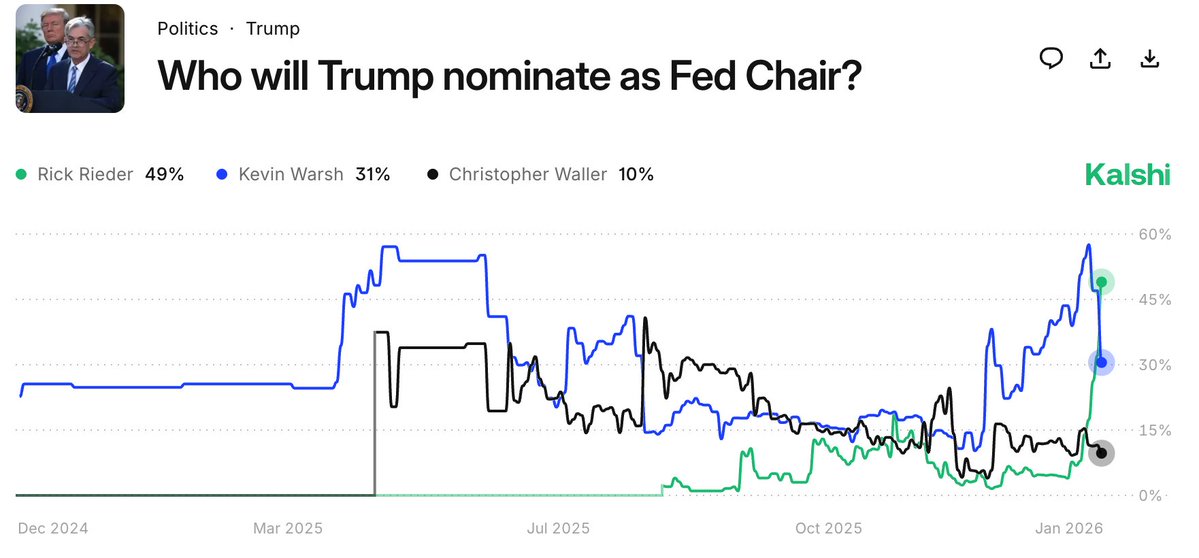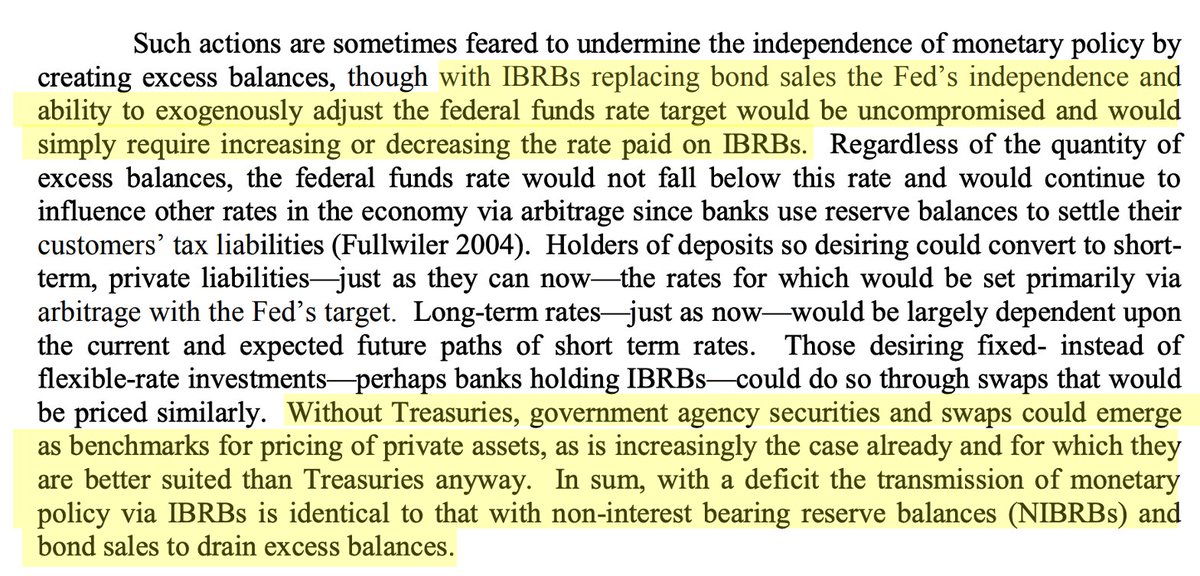"As governments embraced the use of robust fiscal policy, a growing number of commentators started to assert that 'We Are All MMTers Now'.” 

The problem is that too many people still think MMT is about "printing money" to pay the bills. It isn't! 

"Alongside the debate over what caused the current bout of high inflation is a debate about how to resolve the problem." 

"There is no one-size-fits all policy solution in MMT because every inflation is different. As my husband (a history professor) recently put it, “If you’ve seen one inflation, you’ve seen one inflation.” And that’s a point that Fed Chair Jerome Powell seems to appreciate." 

• • •
Missing some Tweet in this thread? You can try to
force a refresh















